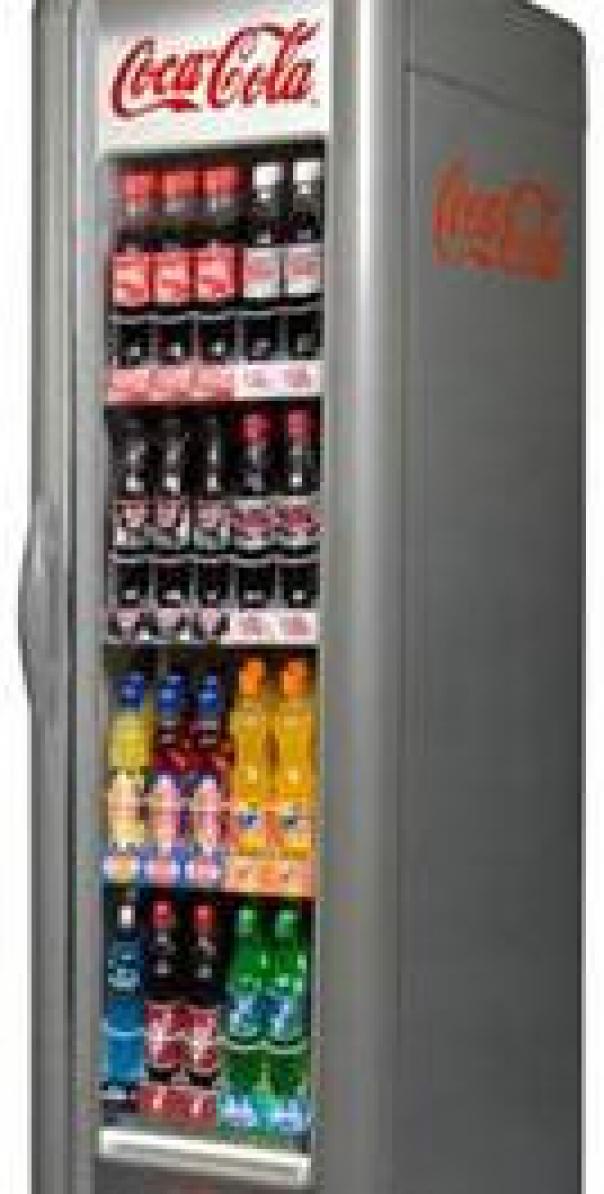Jamie Oliver: ‘restrict the sale of energy drinks to kids under 16’

As part of his on-going campaign to combat diet-related disease, Oliver is joining the National Education Union, parents, academics and teachers in the fight to put age restrictions on the sale of energy drinks to under 16s.
He said: “If the energy drink industry is literally telling us their products are ‘not recommended for children’ on the cans, why can kids as young as 10 buy them whenever they want?
“This consumption is compromising our kids, and our teachers, too – we have to do something about it. We urgently need the government to step up and put age restrictions on the sale of energy drinks to all under 16s.”
The news comes as Oliver and his Friday Night Feast co-presenter, Jimmy Doherty, explored how energy drinks impact children and “the strain on teachers teaching pupils who are under the influence of energy drinks.” Aired on Friday (5 Friday), the episode saw teachers explain how they devise back-up lesson plans for whether the pupils are on a ‘high’ or ‘crashing’ phase.
Kevin Courtney, joint general secretary of the National Education Union, commented: “Schools do all they can to provide an environment conducive to learning, but they can’t control what’s on sale beyond the school gates.” A recent study commissioned by the Scottish government backs this, claiming that 41% of 13 to 15 year olds buy a sugary drink off-site at lunchtime, despite bans inside the school gates.
Courtney added: “If the Government is serious about protecting children, it needs to put their interests before the profits of the energy drinks industry and ban the sale of these harmful products to under 16s.”
Matthew Burton, deputy head who starred in Educating Yorkshire, also said: “As part of our drive towards ensuring excellent behaviour in the school, we absolutely had to ban energy drinks because of the clearly harmful effect they have on children’s health and their learning.
“Unfortunately we can’t control how available they are on the high street before and after students leave our care. When they’re so readily available – for just 25p in the local shops and supermarkets – it shows that we urgently need government action to regulate their sale.”
Other evidence included in Oliver’s proposal:
- Energy drinks contain up to 12 teaspoons of sugar - more than twice the maximum daily intake for adults
- 12% of UK children under 11 are drinking a one litre bottle in a single session
- Young people in the UK consume more energy drinks on average than their EU counterparts - 3.1 litres per month compared with 2 litres
- Many brands of energy drinks contain 160mg of caffeine per 500ml - a 10-year-old should not consume more than 99mg per day.
- Energy drinks retail for as little as 25p in some shops
- Sales of energy drinks rose 155% between 2006 and 2014
Associate director of Fuse, Dr Amelia Lake concluded: “Our review of the evidence has clearly shown these energy drinks are harmful for under 18s. Their consumption is associated with a range of negative effects and unhealthy behaviours, including physical health complaints such as headaches, palpitations and insomnia, and higher rates of alcohol, smoking and drug use.”
